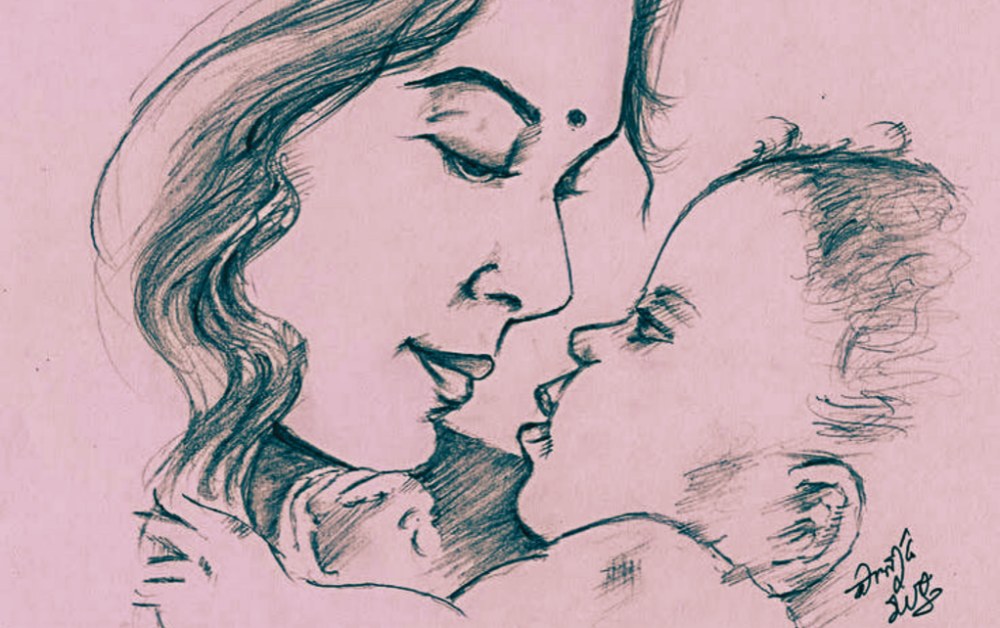
Unveiling the Truth About Single Mom Stigmas
Society frequently attaches unfair stereotypes to single moms. Some see them as irresponsible or incapable of providing for their children. According to a study by the Pew Research Center, a staggering 64% of respondents believe that single mothers can’t adequately raise a child. These stigmas create immense stress and pressure for single mothers.

The way men perceive single mothers is often riddled with bias and misconceptions. Many view them as desperate or damaged, even going so far as to declare, “I don’t date single moms.” These biases further isolate single mothers, making it challenging for them to find companionship and support. It’s important to understand that these perspectives often stem from unresolved issues around power dynamics and feminism.

Married women may also harbor misconceptions about single moms. Some feel threatened, worrying that their husbands might be attracted to these women. Others may adopt a misguided sense of superiority, assuming that they are better parents due to their partnership. “People think I’m not as good a mother because I’m doing it alone,” shared a single mom during an interview. However, the truth is that single mothers are not only survivors but often successful, which can be intimidating to some.
Life as a single mom is a continuous battle against these stigmas. It’s a daily struggle to prove one’s worth, challenge stereotypes, and provide the best life possible for their children. Despite the hardships, many single moms rise above these challenges. They defy these stigmas, demonstrating that they are more than capable of raising healthy, happy children. It’s crucial to emphasize that every single mother’s journey is unique.
To break free from these harmful stigmas, society must reevaluate its perceptions of single moms. It’s essential to recognize their strength, resilience, and unwavering dedication. Single moms can actively combat these stigmas by sharing their stories, standing up against unfair treatment, and challenging stereotypes. Everyone has a role to play in fostering empathy and understanding.


